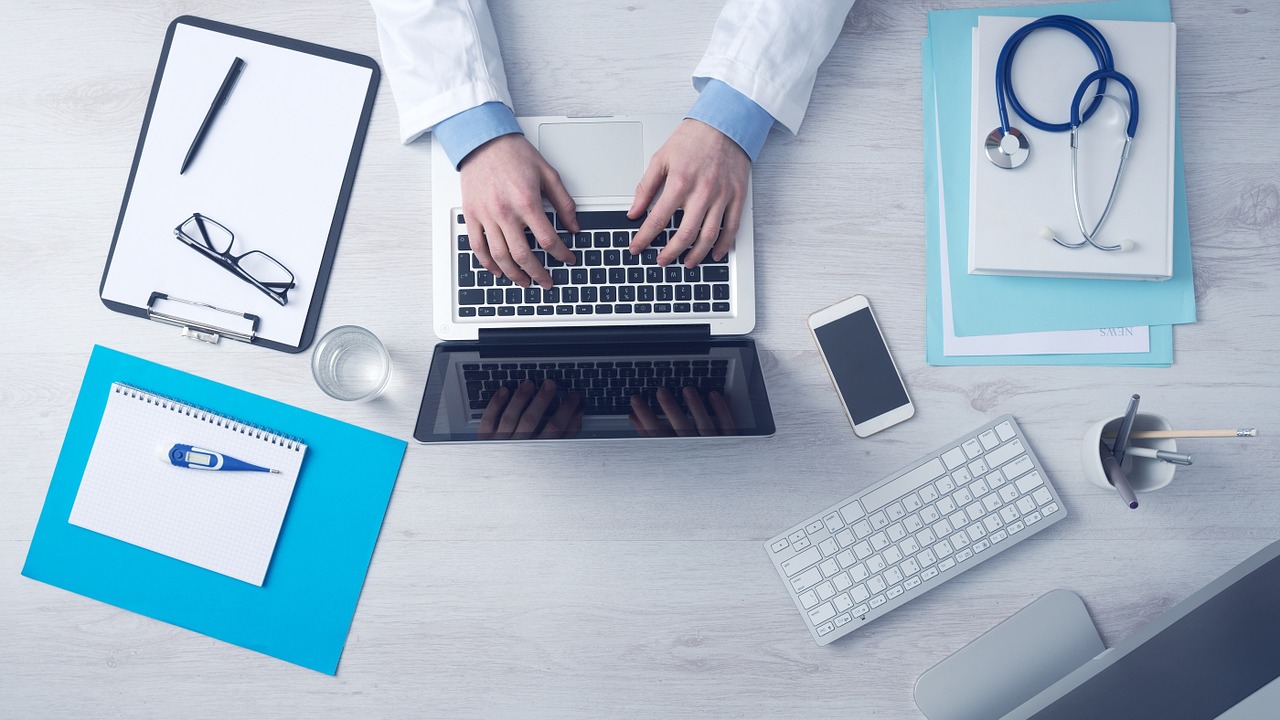
DOCTOR'S BLOG
The Brain-Gut Connection
Did you know that over 70% of neurotransmitters are actually made in the gut? Science is beginning to unravel the complicated connections in our bodies and one of the more amazing connections is the brain-gut connection.
I think that intuitively we have known about the brain-gut connection for some time. It is even ingrained in our language. You have probably said something like this before: “I have a gut feeling.”
There is research that shows connections to chronic diseases and to the bacteria in our intestines. Certain patterns are starting to emerge with respect to the types of bacteria in our intestines with certain illnesses.
Several studies have shown a connection to the gut microbiome and many different problems associated with our brains. Parkinson’s Disease, anxiety, and depression are a few that exemplify this connection.
It seems reasonable to me to think about keeping our guts healthy in order to keep the rest of our bodies healthy—including our brains. One of the best ways to do this is to decrease and eliminate processed and high sugar. These types of food tend to cause inflammation that can have a cascading effect throughout the body.
Probiotics are bacteria that are normal and healthy for our intestines. Each capsule will contain millions, if not billions, of bacteria. I often recommend my patients to consider probiotics for intestinal problems. If you are taking antibiotics, I encourage you to also consider taking probiotics.
I believe that most things that can cause your intestines to be inflamed can also cause some neurological issues as well. These problems may be subclinical, meaning that it is not readily noticeable.
Probiotics will not cure anxiety or depression, but they may provide some relief for some people. If you are struggling with anxiety and depression, try a radical approach and eat healthy and exercise and take some probiotics. Avoid processed foods and sugar for a couple of weeks and see if your energy improves and the fogginess in you clears up. Try my 10-Day Diet Challenge and see if you feel better. I have a gut feeling that you will!
Intestinal Intrigue
Our intestines do some amazing things for our bodies. We obviously think first about nutrition, but our guts are more involved with our bodies than just nutritional support. The intestines influence every area in our bodies.
Did you know that your guts produce about ¾ of the neurotransmitters in your body? Most people think the neurotransmitters are just in the brain or the nervous system, but this is not so. Our intestines contain over 2/3 of the body’s immune system. There is more than 10 times the number of cells in our intestines than in the parts of our bodies. The gut even has greater metabolic activity than the liver.
If you were to completely flatten out the intestines, they would cover an area roughly the size of a tennis court. The small intestines reabsorb about 7.5L of water a day and the large intestine reabsorbs about 1.4L of water a day.
Science is continually discovering amazing things about our guts. The average person has about 4 pounds of bacteria in their intestines. These bacteria are actually communicating with our intestinal cells DNA. They use different messengers to turn certain genes on and off. There has even been research that links depression to the bacteria in our intestines.
We actually have more bacteria in our bodies than we have cells in our bodies. It makes you wonder who the host really is.
Life is usually about finding balance, and it is no different with our guts. When we have a good balance of different healthy bacteria, our intestines function much better. When we experience an unbalanced flora of our intestines (dysbiosis), we can experience a multitude of symptoms ranging from mild problems such as heartburn to severe life-threatening infections.
One good way to ensure that you maintain a healthy balance of bacteria is to consume a diet high in fiber and various healthy carbohydrates. Try to eat different colors of vegetables. The wide variety of foods helps maintain a healthy gut microbiome.
Consuming a diet high in processed foods and high glycemic carbohydrates can lead to dysbiosis. The standard American diet (SAD) frequently leads to dysbiosis. Many Americans are suffering gastrointestinal-related symptoms that are secondary to the food they consume. Probiotics can help dysbiosis.
Probiotics are bacteria that are considered normal and healthy for the intestines. Many people benefit from taking probiotics. If you have chronic GI symptoms, first consider your diet, but also consider a trial of probiotics. I also recommend probiotics anytime you are taking antibiotics.
Our intestines are really amazing when you start to understand all the things they do for our bodies. Remember that we literally become what we eat, so choose a diet that is full of a variety of vegetables and consider supplementing this diet with probiotics.



